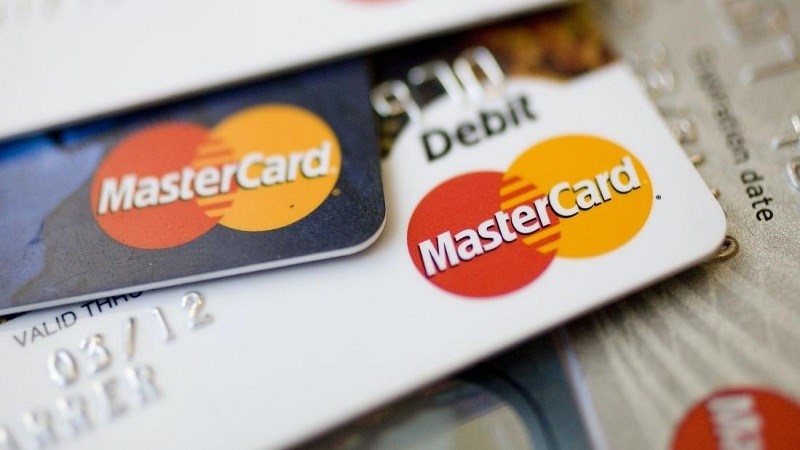Mastercard to be banned in India for non-compliance with data storage rules
 |
| Mastercard was prohibited in India for taking customer data overseas |
The Reserve Bank of India stated that US-based financial group Mastercard failed to comply with rules introduced in 2018 that bar payment companies from transferring customer data overseas.
The regulations, which were fiercely resisted by US payment companies, required all financial data to be stored exclusively in India, according to Nikkei Asia.
The central bank said Mastercard's failure to meet the requirements came "notwithstanding lapse of considerable time and adequate opportunities being given."
The Indian central bank’s order followed its previous move in April against American Express – another US-headquartered payment corporation. However, Mastercard is a much bigger player in the Indian market, where many lenders offer cards using the US firm's payments network, Reuters reported.
With American Express and Mastercard given the boot in India, Visa – another international payment provider – could fill the void they leave behind.
Mastercard, meanwhile, said it was "fully committed to our legal and regulatory obligations in the markets we operate in."
The Reserve Bank of India said that it has entered into an agreement with Visa Worldwide – Mastercard's rival – to start issuing credit cards on the Visa platform.
Mastercard also operates in Vietnam. Earlier this year, the company announced its interest to team up with other digitally-led payment providers such as e-wallets to get the most out of the contactless payment trend in Vietnam, according to Nikkei Asia.
"It's not just about the card," said Winnie Wong, Mastercard country manager for Vietnam, Cambodia and Laos. "It's about any form factor – be it QR, be it virtual, be it wearable, be it a watch, be it anything as we digitalise."
According to Visa data, spending by Vietnamese consumers on their Visa credit and debit cards increased 34 per cent in the first quarter of 2021 compared to 2020. Contactless payments penetration was up by 230 per cent on-year. The on-year growth of the value of e-commerce transactions grew 5.5 times from the last quarter of 2020 to the first quarter of 2021.
What the stars mean:
★ Poor ★ ★ Promising ★★★ Good ★★★★ Very good ★★★★★ Exceptional
 Tag:
Tag:
Related Contents
Latest News
More News
- Private capital funds as cornerstone of IFC plans (February 20, 2026 | 14:38)
- Priorities for building credibility and momentum within Vietnamese IFCs (February 20, 2026 | 14:29)
- How Hong Kong can bridge critical financial centre gaps (February 20, 2026 | 14:22)
- All global experiences useful for Vietnam’s international financial hub (February 20, 2026 | 14:16)
- Raised ties reaffirm strategic trust (February 20, 2026 | 14:06)
- Sustained growth can translate into income gains (February 19, 2026 | 18:55)
- The vision to maintain a stable monetary policy (February 19, 2026 | 08:50)
- Banking sector faces data governance hurdles in AI transition (February 19, 2026 | 08:00)
- AI leading to shift in banking roles (February 18, 2026 | 19:54)
- Digital banking enters season of transformation (February 16, 2026 | 09:00)




























 Mobile Version
Mobile Version